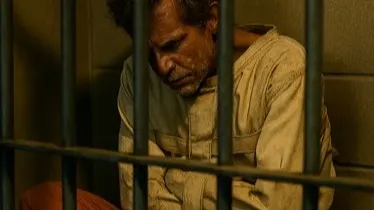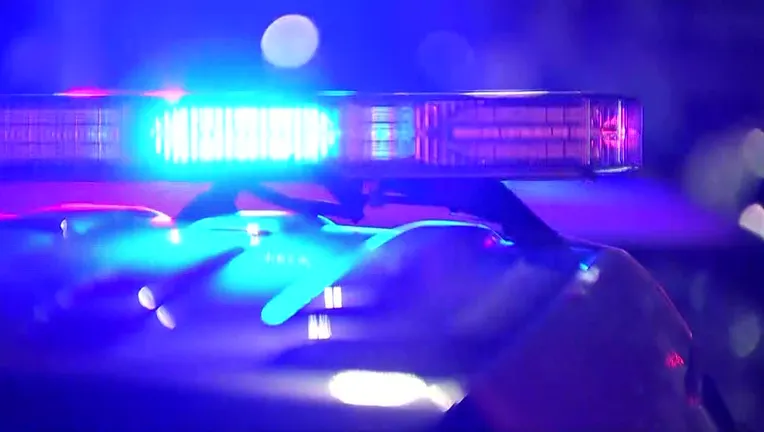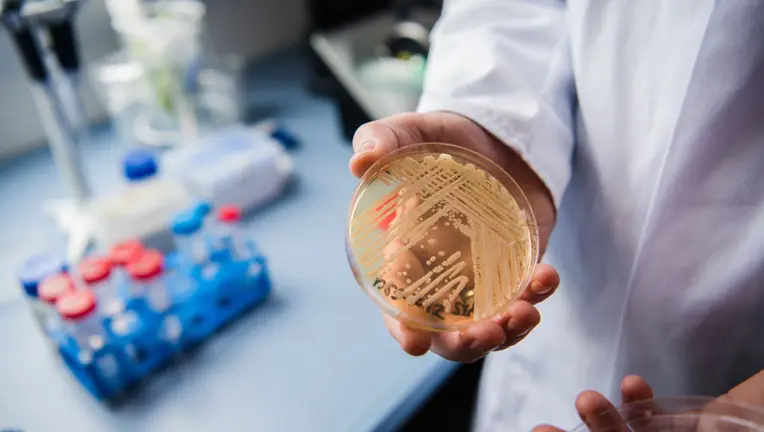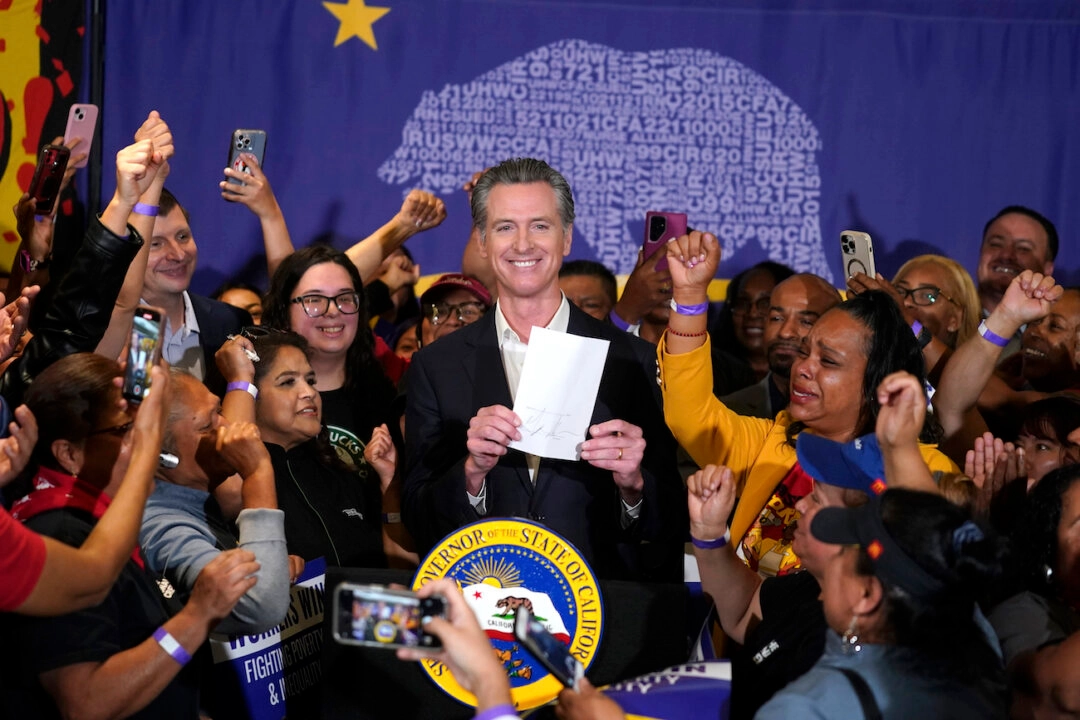For years, the cycle has been familiar and devastating: individuals with serious mental health conditions commit minor, non-violent offenses and end up in jail instead of treatment—often worsening their condition. A new Florida law that took effect on October 1 aims to change that. The Tristin Murphy Act offers a new approach for non-violent offenders with mental illness, emphasizing treatment instead of incarceration.
What Is the Tristin Murphy Act
Named after Tristin Murphy, a 37-year-old man with schizophrenia who died by suicide in a state prison work program in 2021 while serving time for a minor littering offense, the law represents a major shift in Florida’s criminal justice and mental health policies.
At its core, the legislation creates diversion pathways that allow counties and cities across Florida to establish mental health diversion programs for people accused of misdemeanors and certain non-violent felonies. Eligible cases can now be redirected from courtrooms to treatment facilities. The law also requires mental health evaluations for inmates with a known history of incompetency before probation or release, closing a critical loophole in the system.
How the Law Helps
The Tristin Murphy Act focuses on getting people the help they need rather than automatically incarcerating them for low-level, non-violent offenses. By prioritizing screening and treatment, the law seeks to break the cycle of repeated arrests driven by untreated mental illness.
This reform is expected to make communities safer while saving lives. It also broadens the Criminal Justice, Mental Health, and Substance Abuse Reinvestment Grant Program, adding funding for veteran treatment courts and emergency responder training to strengthen the support network for vulnerable populations.
Who Qualifies
The law targets individuals with diagnosed mental health conditions accused of non-violent crimes. It provides local governments with a framework to create two main types of diversion initiatives:
-
Misdemeanor Mental Health Diversion Programs: For individuals facing lower-level charges.
-
Pretrial Felony Diversion Programs: For defendants accused of more serious but non-violent felonies.
Funding the Reform
The Criminal Justice, Mental Health, and Substance Abuse Reinvestment Grant Program provides state-funded grants to help local communities plan and operate these diversion programs. By using state resources, the law ensures that counties can build these initiatives without placing a heavy burden on local taxpayers. This financial support is essential for transforming the law’s goals into real-world impact.
Training for Officers and Courts
Shifting the focus from punishment to treatment requires training and new tools for law enforcement and the judiciary. The expanded grant program includes funds for emergency responder training, enabling 911 dispatchers, police officers, and first responders to recognize mental health crises and connect individuals to diversion resources instead of making arrests.
This state-level effort complements local resources like the 988 Suicide and Crisis Lifeline, which provides 24/7 assistance and can dispatch Mobile Response Teams for in-person crisis intervention—offering alternatives to emergency rooms or jails.
Florida Forward
The Tristin Murphy Act marks a significant shift in Florida’s approach to justice and mental health. It represents a move toward a more compassionate, effective system that focuses on rehabilitation over punishment.
By creating a clear path to treatment for people with mental illness, the state acknowledges that public safety and public health are intertwined. The law’s success will depend on continued funding, collaboration, and commitment—but if it succeeds, Florida stands to save money, reduce crime, and most importantly, save lives.











Leave a Reply